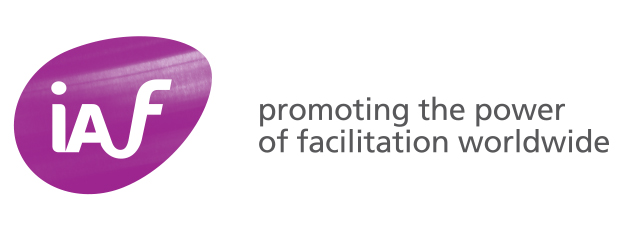Find out more about our partnership opportunities
Are you interested in developing partnership with us?
We offer various collaboration opportunities such as featuring your library content, login integration to your own private library, or integrating SessionLab to your workflow.
Reach out to us at partnerships@sessionlab.com if you want to explore.





